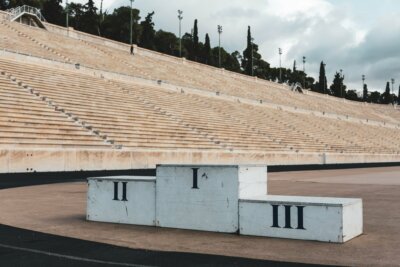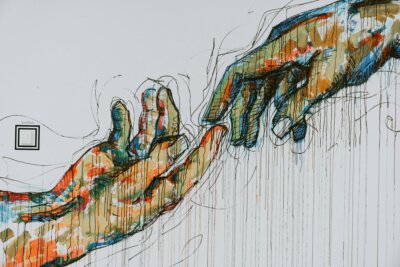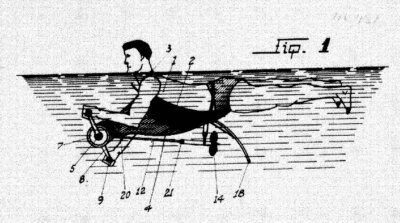A year is ending and a new one begins which, we hope, will be easier and happier for everyone.
Despite the difficulties encountered over the past few months and the interruption of many activities simultaneously in most countries, 2020 was an opportunity for many to reinvent themselves and unleash their creativity.
Companies have shown solidarity while changing their activities to get through the most difficult period and thinking about new opportunities for the future. Of course, numerous emerging novelties are intended to facilitate the life – or survival – of people sick with coronavirus, or to prevent the transmission of the disease.
On this subject, you will find our article published in the spring: Coronavirus: when epidemics foster innovation.
But the other areas have not been forgotten. Companies have continued to move forward and introduced, this year again, innovations that will change – or not – our future lives.
Here is our selection of the year 2020. We promise, our article only shares positive news!
Black Box: Monop’s fully automated store
Groupe Casino innovates with a new shop concept in France: The Black Box. With its 18m2 cube shape, this store innovates by offering a 100% automated service, open 24/7. The Black Box helps respond our daily last-minute needs. The number of references offered is deliberately kept small with mainly snack and grocery products.
The store is running with a balance system: the consumer enters in the shop alone by presenting its credit card. All the products he puts in his basket are then counted without having to scan them and payment is done automatically without any checkout.
Monoprix plans to install 10 Black Boxes within 2 years.
This format also exists in Sweden, where the start-up Lifvs has deployed about twenty automatic grocery stores, delivered in containers in rural areas where shops have closed. This new service is a way to strive against the rural exodus, at a time when teleworking could more and more allow us to work far from urban centers.
Misty: the end of the mist on our glasses!
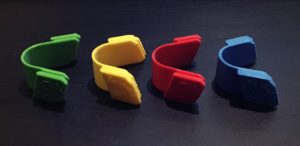
Among all these inventions born during the covid-19 crisis, we appreciate this one from Normandy EcoSpace, “Misty”. It is a small piece that clips onto the face masks we now have to wear every day at work or in the streets.
This clip, designed in Normandy (France) and 3D printed in a workshop of the region, is particularly useful for glasses wearers who regularly complain of the condensation on their glasses when they wear a mask (outside in the cold, when speaking, etc.).
To have tested it, this clip is effective. It also allows the mask to hold better on the nose and improves its overall comfort. Tested and approved!
See the website: www.ecospace.fr
Shelt’In, to rescue firefighters
Awarded the 2nd prize in the Sciences & Vie 2020 innovation contest, this innovative device is an accident detection sensor that allows firefighters to monitor in real-time the position and health of their colleagues during an intervention and give them assistance if necessary.
Created by students from the Epitech Marseille Engineering School, it includes a GPS, a gyroscope, an accelerometer, a heart rate sensor and uses artificial intelligence to trigger an alarm.
See the project: https://shelt.in/
Blue Box, for breast cancer detection
Here is a new project driven by artificial intelligence! The Blue Box, designed by Spanish student Judit Giro Benet, aims to facilitate breast cancer detection thanks to a device that analyses biochemical compounds in urine. It is an alternative to the usual mammogram.
Thanks to this inventor, international winner of James Dyson Awards 2020, it is now possible to obtain a reliable result in 40 minutes. It may help reduce the rate of late diagnosis in many women, reluctant to undergo an invasive and uncomfortable test and consult a specialist.
First in Europe: the paper bottle in the vineyards
The Italian vineyard Cantina Goccia wants to be more ecological and begins to commercialize its wine in… a paper bottle! This is a first in Europe. It is developed by the company Frugalpac from the UK.
The idea? To lower the carbon footprint of the container by reducing the proportion of plastic and glass in packaging. Healthier for the environment than conventional bottles, the bottle is made from 94% paper, is also lighter and easier to recycle. More elegant than the cartons or bag-in-box already on the market, it can contain wine of quality.
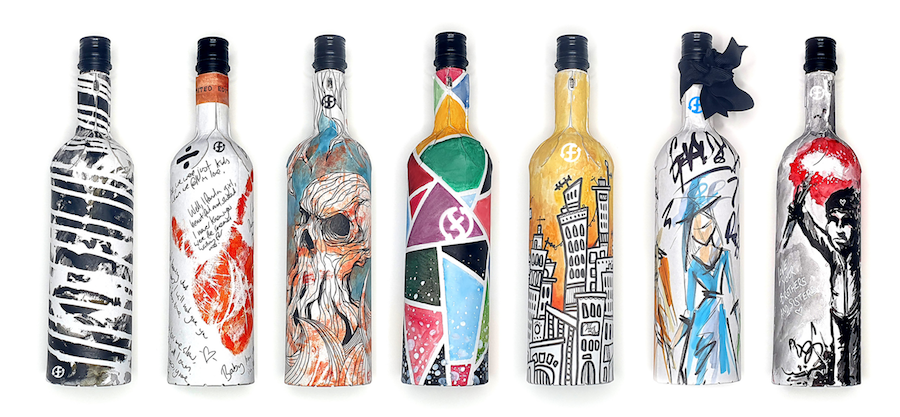
Image rights: Frugalpac
Other companies have already created prototypes and hope to enter the market soon… Even if it is difficult to completely get rid of plastics (notably for hermiticity), the brand Johnnie Walker seems to have found a solution and plans to launch a whisky bottle containing 0% plastic.
Visit Frugalpac’s website: www.frugalpac.com
Visit Cantina Goccia’s website: www.cantinagoccia.com
Bub-up®: pedaling dry even in the rain
With growing ecological awareness, the multiplication of cycle paths and public transports now synonymous with promiscuity, we can say that cycling in on the rise! Sure, in summer the walk is pleasant, but what about in winter when the rain is pouring down?
To allow staying dry in rainy weather conditions, the French start-up Rainjoy created Bub-up®, a rain protection bubble that can be stored in a backpack and unfolds like a pop-up tent in case of need. Thus, at least 80% of the body stays dry!
Presentation video:
Visit Rainjoy’s website: https://rainjoy.eu/
CX Air Dynamics: an airbag overtrousers for bikers
Also for mobility, this innovation made in France addresses the safety of motorcyclists on the roads. CX Air Dynamics created an overtrousers, now patented, which inflates in case of a fall to protect the lower body. The origin of the invention comes from an accident suffered by the founder, causing him numerous fractures.
A successful crowdfunding campaign allowed publicizing the project, before an upcoming fundraising. Some professional activities are particularly targeted, such as the police and the gendarmerie.
Hoya, an optical glass to treat myopia
It is a revolution in the field of vision: for the first time, a company imagined an optical glass capable of controlling myopia. When optical glasses can usually only correct eyesight, this innovation goes far beyond. Thanks to a defocusing system taking into account the peripherical vision, elongation of the eye is slowed down in children and thus, nearsightedness does not get worse. According to the first tests in Asia, the results are excellent.
Used very early on, these optical lenses thus limit the onset of more serious disorders in the future, such as cataracts.
Visit Hoya’s website: www.hoyavision.com
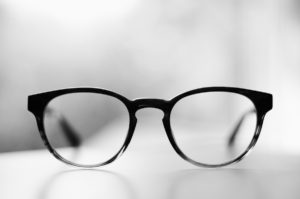
Finding the ideal Covid test
Over the course of this particular year, the chase for the infamous virus has required numerous techniques, either very technological (PCR, antigenic, sequencing tests) or more “old school” ones (sniffer dogs). But all of these methods require a lot of resources and staff.
A team of researchers from MIT presented at the end of the year a dematerialized test requiring only a smartphone. By analyzing the user’s cough through an artificial intelligence trained on a large sample, the program could detect 99% of the sick persons, whether they were symptomatic or not.
If these performances are confirmed by other researchers, it would become possible to test millions of people every day for free, without queues or armies of nurses.
Are you a project holder, a start-up, an innovative company? You have filed a patent and want to promote your invention? Contact us! Our teams will answer your questions with pleasure.
Sources:

